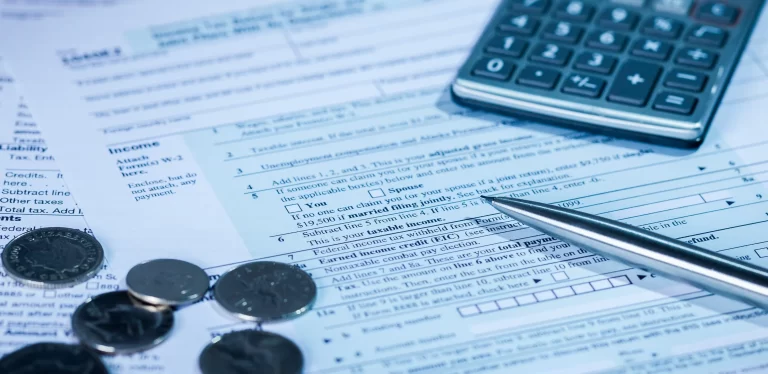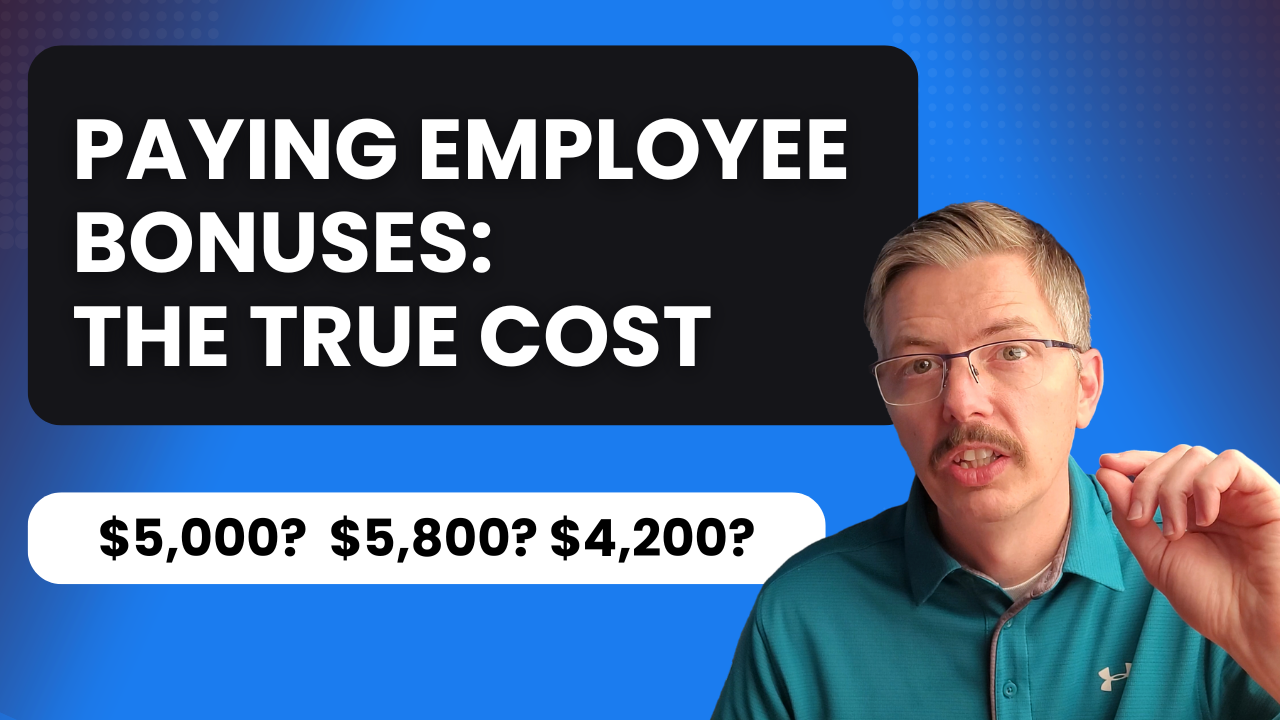

Small businesses face unique challenges when navigating the complex landscape of tax compliance, planning, and optimization. To maximize profitability and ensure tax efficiency, it’s essential for small business owners to understand and implement effective tax planning strategies. These strategies can help minimize tax liability, optimize deductions, and comply with all necessary local, state, and federal tax regulations. In this article, we’ll explore crucial tax planning strategies for small businesses, equipping you with the tools and knowledge to effectively manage your company’s finances and secure a flourishing future.
Tax planning is the process of analyzing a business’s financial situation from a tax perspective, with an emphasis on minimizing tax liability while adhering to all legal requirements. It involves understanding current tax laws, identifying and utilizing tax credits and deductions, and implementing strategies to reduce taxable income. Tax planning is a critical aspect of small business financial management, as it greatly impacts profitability and overall business performance. To stay competitive and sustainable, it’s essential for small business owners to prioritize tax planning and stay abreast of current tax regulations.
In this insightful guide, we’ll examine various tax planning strategies tailored specifically for the unique needs of small businesses. These strategies will include selecting the appropriate business structure, tracking deductible expenses, leveraging tax credits, optimizing retirement savings, and seeking professional assistance when needed. By implementing these strategies, small business owners can confidently navigate the complex world of taxation, minimize tax liability, optimize deductions, and foster a thriving, financially sound business for years to come.
Choose the Right Business Structure
Selecting the appropriate business structure significantly impacts tax liability and financial management for small businesses:
1. Sole Proprietorship: In this structure, business income and expenses are reported on the owner’s individual tax return. This option is simple and cost-effective but does not provide limited liability protection for the owner.
2. Partnership: A partnership involves two or more owners who share in the business’s profits and losses. Partnerships require more complex record-keeping and are subject to self-employment taxes, but they may offer tax-saving opportunities through income splitting.
3. Limited Liability Company (LLC): An LLC combines the limited liability protection of a corporation with the pass-through taxation of a partnership or sole proprietorship. Tax flexibility and simplicity make LLCs an attractive choice for small business owners.
4. Corporation: A corporation is a separate legal entity with its own tax obligations. Profits can be distributed or retained and are subject to double taxation, but corporations offer increased liability protection.
Keep in mind that each business structure has its advantages and drawbacks, so it’s essential to consult with a tax professional when determining the best option for your small business.
Track Deductible Expenses and Depreciation
Accurate tracking and categorization of tax-deductible expenses and depreciation enable small businesses to optimize deductions and reduce taxable income:
1. Business Expenses: Ensure you’re documenting all legitimate business expenses, such as supplies, rent, advertising, insurance, and employee wages. These expenses may be partially or fully deductible, depending on the specific type of expense and IRS regulations.
2. Home Office Deduction: If you use a portion of your home exclusively for business purposes, you may qualify for a home office deduction. Familiarize yourself with the IRS requirements for this deduction and calculate your claim according to the guidelines.
3. Depreciation: Depreciating assets, like equipment, vehicles, and furniture, allows small businesses to spread the cost of these items over a specified period. This practice can help to reduce taxable income and provide a more accurate reflection of a business’s financial position.
Leverage Tax Credits and Relief Programs
Understanding and utilizing tax credits and relief programs can further minimize tax liability for small businesses:
1. Research and Development (R&D) Tax Credit: If your small business engages in qualifying research activities, you may be eligible for the R&D tax credit, which provides dollar-for-dollar offsets against your tax liability.
2. Small Business Health Care Tax Credit: Small businesses that provide health insurance to their employees may be eligible for a tax credit to help offset the cost of coverage.
3. COVID-19 Related Relief Programs: Take advantage of government-sponsored relief programs like the Employee Retention Credit or the Paycheck Protection Program (PPP) to aid in the financial recovery from the pandemic and potentially benefit from tax advantages.
Maximize Retirement Savings
Contributing to retirement savings plans can generate tax advantages for small business owners and their employees:
1. Simplified Employee Pension (SEP) IRA: SEP IRAs allow small business owners to contribute a percentage of each employee’s compensation (including their own) to a retirement fund, reducing taxable income and providing retirement benefits.
2. 401(k) Plans: By offering a 401(k) plan, small business owners not only create a way for themselves and their employees to save for retirement, but they can also benefit from tax deductions on their contributions.
Seek Professional Assistance
Hiring a tax professional or consulting with a Certified Public Accountant (CPA) can provide valuable guidance when navigating the complexities of tax planning for small businesses:
1. Tax Compliance: A tax professional can help ensure your small business adheres to local, state, and federal tax regulations, reducing the likelihood of costly penalties and fees.
2. Tax Strategy: By working closely with a tax professional, small business owners can better understand their unique tax situations, optimize deductions and credits, and make well-informed decisions about their financial future.
Conclusion
Implementing effective small business tax planning strategies is crucial for small business owners to minimize tax liability and maximize profitability. By choosing the right business structure, tracking deductible expenses, leveraging tax credits, optimizing retirement savings, and seeking professional assistance, small business owners can confidently navigate the ever-evolving tax landscape. By making tax planning a priority, small business owners can strengthen their financial position, support the growth of their enterprise, and safeguard the long-term success of their business. Contact Aaron Stegner CPA, Ltd. today!



